
Introduction
Gold extraction is a crucial process in the mining and precious metals industry. Among various extraction methods, the ThioureaGold Extraction process has gained significant attention in recent years. Thiourea, with the chemical formula \(SCN_2H_4\), is an organic compound that plays a vital role in this process. This blog post will comprehensively explore the thiourea gold extraction process, covering its principles, operational steps, influencing factors, and advantages compared to traditional methods.
Principles of Thiourea Gold Extraction
The fundamental principle of thiourea gold extraction lies in its ability to form stable complexes with gold ions in an acidic medium. In the presence of an oxidizing agent, gold in the ore is oxidized and then reacts with thiourea to form soluble gold-thiourea complexes. The most common oxidizing agents used in this process are iron(III) ions and dissolved oxygen.
Thiourea is relatively stable in acidic solutions, which is a key factor enabling this extraction process. In an acidic environment, thiourea can form a series of complex ions with metal cations. However, except for mercury, the stability of thiourea complex ions with other metals is relatively low. This characteristic endows thiourea-based gold extraction with high selectivity for gold.
Operational Steps in the Thiourea Gold Extraction Process
Ore Preparation
The first step in the thiourea gold extraction process is the preparation of the ore. The ore needs to be crushed and ground to an appropriate particle size to increase the surface area for better contact with the thiourea solution. Generally, the finer the particle size, the higher the reaction rate between the ore and the thiourea-containing solution. However, extremely fine grinding may also bring some negative effects, such as increased energy consumption and difficulties in subsequent solid - liquid separation.
Thiourea Leaching
After ore preparation, the ground ore is mixed with a thiourea-containing solution. Since thiourea is unstable in alkaline solutions and easily decomposes into sulfides and aminocyanides, the leaching solution is usually a dilute sulfuric acid solution of thiourea. It is important to add acid first and then thiourea to avoid local overheating of the pulp, which could cause thiourea hydrolysis and reduce its effectiveness.
During the Leaching Process, factors such as the concentration of thiourea, the type and amount of oxidizing agent, the pH value of the solution, the temperature of the pulp, and the leaching time all have significant impacts on the gold leaching rate. For example, the gold leaching rate generally increases with the increase of thiourea concentration, but excessive thiourea may lead to increased costs and potential environmental problems. The pH value of the medium is related to the concentration of thiourea. Under normal temperature and thiourea dosage conditions, the pH value of the medium is preferably less than 1.5. However, the acidity should not be too high, otherwise, it will increase the acid-soluble amount of impurities in the ore.
Solid - Liquid Separation
After the leaching process, solid - liquid separation is carried out to separate the pregnant solution containing gold-thiourea complexes from the solid residues. Common solid - liquid separation methods include filtration and sedimentation. The choice of separation method depends on factors such as the nature of the ore, the particle size of the solid, and the scale of the operation. Efficient solid - liquid separation is crucial to ensure the quality of the pregnant solution and facilitate subsequent gold recovery operations.
Gold Recovery from Pregnant Solution
There are several methods for recovering gold from the pregnant solution obtained after solid - liquid separation. Two common methods are metal replacement and electrowinning.
Metal Replacement: Metals such as iron and aluminum can be used as reducing agents to replace gold from the gold-thiourea complex in the solution. The replaced gold forms a solid precipitate, which can be further processed to obtain pure gold.
Electrowinning: In the electrowinning process, an electric current is passed through the pregnant solution. Gold ions in the solution are reduced at the cathode and deposited on the cathode surface, while thiourea and other substances are oxidized at the anode. This method can achieve high-purity gold recovery but requires specific electrical equipment and appropriate operating conditions.
Refining of Gold Products
The gold obtained after recovery usually contains some impurities and needs to be refined to obtain high-purity gold products. The refining process is similar to that of gold obtained by other extraction methods, such as cyanidation. Common refining methods include chemical refining and electrolytic refining, which can effectively remove impurities and improve the purity of gold to meet market requirements.
Factors Affecting the Thiourea Gold Extraction Process
Mineral Composition of the Ore
The mineral composition of the ore has a significant impact on the thiourea gold extraction process. Copper, bismuth oxides in the raw materials will dissolve in acid and complex with thiourea, reducing the effect of thiourea leaching of gold and increasing the consumption of thiourea. In addition, if the raw materials contain a large amount of acid-soluble substances (such as divalent iron, carbonates, non-ferrous metal oxides, etc.) and reducing components, it will increase the consumption of oxidants and sulfuric acid and reduce the gold leaching rate. However, sulfide minerals such as copper, arsenic, antimony, and lead have relatively little harmful effect on thiourea leaching of gold, which makes thiourea-based gold extraction possible to selectively extract gold and silver from complex refractory gold mineral raw materials.
Particle Size of Gold in the Ore
The particle size of gold in the ore is one of the factors affecting the gold leaching rate. Generally, the smaller the particle size of gold, the larger the specific surface area, and the easier it is to contact with the thiourea solution, resulting in a higher leaching rate. Therefore, in the ore preparation stage, appropriate grinding operations are required to make the gold particles in the ore fully exposed and facilitate the leaching process.
Temperature
The temperature has a dual - effect on the thiourea gold extraction process. On one hand, increasing the temperature can accelerate the diffusion rate of reactants and the reaction rate between gold and thiourea, thereby increasing the gold leaching rate. On the other hand, thiourea has poor thermal stability. When the temperature is too high, thiourea is prone to hydrolysis and decomposition, reducing its effectiveness in the extraction process. Generally, the temperature of the thiourea leaching process is preferably controlled below 55 °C, and in many cases, it is carried out at room temperature.
pH Value of the Solution
As mentioned earlier, the pH value of the solution is closely related to the stability of thiourea and the leaching effect of gold. Thiourea is stable in an acidic medium, and an appropriate acidic environment is conducive to the formation of gold-thiourea complexes. However, if the pH value is too low, it will not only increase the acid-soluble amount of impurities but also may cause side reactions that are not conducive to the extraction process. Therefore, precise control of the pH value of the solution is necessary to ensure the optimal extraction effect.
Concentration of Thiourea and Oxidizing Agent
The concentration of thiourea directly affects the amount of gold-thiourea complexes formed. Generally, increasing the concentration of thiourea can increase the gold leaching rate. However, considering cost and environmental factors, the concentration of thiourea needs to be optimized. The type and concentration of the oxidizing agent also play a crucial role. Adequate oxidizing agent is required to ensure the continuous oxidation of gold in the ore, but excessive oxidizing agent may also lead to the oxidation and decomposition of thiourea, reducing the utilization efficiency of thiourea.
Advantages of the Thiourea Gold Extraction Process
Fast Leaching Speed: Compared with some traditional gold extraction methods such as cyanidation, the thiourea gold extraction process has a relatively fast leaching speed. The formation of gold-thiourea complexes in an acidic medium can quickly dissolve gold, which can significantly shorten the extraction time.
Low Toxicity: Thiourea is less toxic compared to cyanide used in traditional cyanidation methods. Cyanide is highly toxic and poses a serious threat to the environment and human health. The use of thiourea in gold extraction reduces the potential environmental and safety risks associated with toxic substances.
Good Selectivity: Due to the relatively low stability of thiourea complex ions with most metals except mercury, the thiourea-based gold extraction process has high selectivity for gold. It can effectively extract gold from complex ores containing various metal impurities, reducing the interference of impurities in the extraction process.
Easier Post - treatment of Solution: After the gold extraction process, the solution containing thiourea is relatively easy to treat. For example, in the gold recovery stage, the use of metal replacement or electrowinning methods can relatively easily separate gold from the solution, and the remaining solution can be further treated to reduce environmental pollution.
Conclusion
The thiourea gold extraction process is a promising method in the field of gold extraction. By understanding its principles, operational steps, influencing factors, and advantages, mining companies and researchers can better optimize the process to improve gold extraction efficiency, reduce costs, and minimize environmental impacts. Although there are still some challenges to be addressed, such as optimizing the consumption of thiourea and improving the stability of the process under different ore conditions, continuous research and innovation in this area will surely promote the further development and application of the thiourea gold extraction process.
- Random Content
- Hot content
- Hot review content
- Flexible Customer and Supplier Relations Specialist:Location: Laos
- Magneto Electric Detonator(Anti stray current)
- Potassium Permanganate – Industrial Grade
- Thiourea 99% high activity Professional Producer
- Calcium Chloride 74% Flakes
- Sodium alpha olefin sulfonate (AOS)
- 99% Animal Feed Additive DL Methionine
- 1Discounted Sodium Cyanide (CAS: 143-33-9) for Mining - High Quality & Competitive Pricing
- 2China's New Regulations on Sodium Cyanide Exports and Guidance for International Buyers
- 3Sodium Cyanide 98% CAS 143-33-9 gold dressing agent Essential for Mining and Chemical Industries
- 4International Cyanide(Sodium cyanide) Management Code - Gold Mine Acceptance Standards
- 5China factory Sulfuric Acid 98%
- 6Anhydrous Oxalic acid 99.6% Industrial Grade
- 7Oxalic acid for mining 99.6%
- 1High Quality 99% Purity of Cyanuric chloride ISO 9001:2005 REACH Verified Producer
- 2Sodium Cyanide 98% CAS 143-33-9 gold dressing agent Essential for Mining and Chemical Industries
- 3 High-Quality Sodium Cyanide for Leaching
- 4Powdery emulsion explosive
- 5Industry Grade Electron grade 98% Sulfuric Acid H2SO4 Sulphuric Acid Battery Acid Industrial Sulfuric Acid
- 6Colloidal emulsion explosive
- 7sodium hydrosulfide 70% flakes used Mining Industry


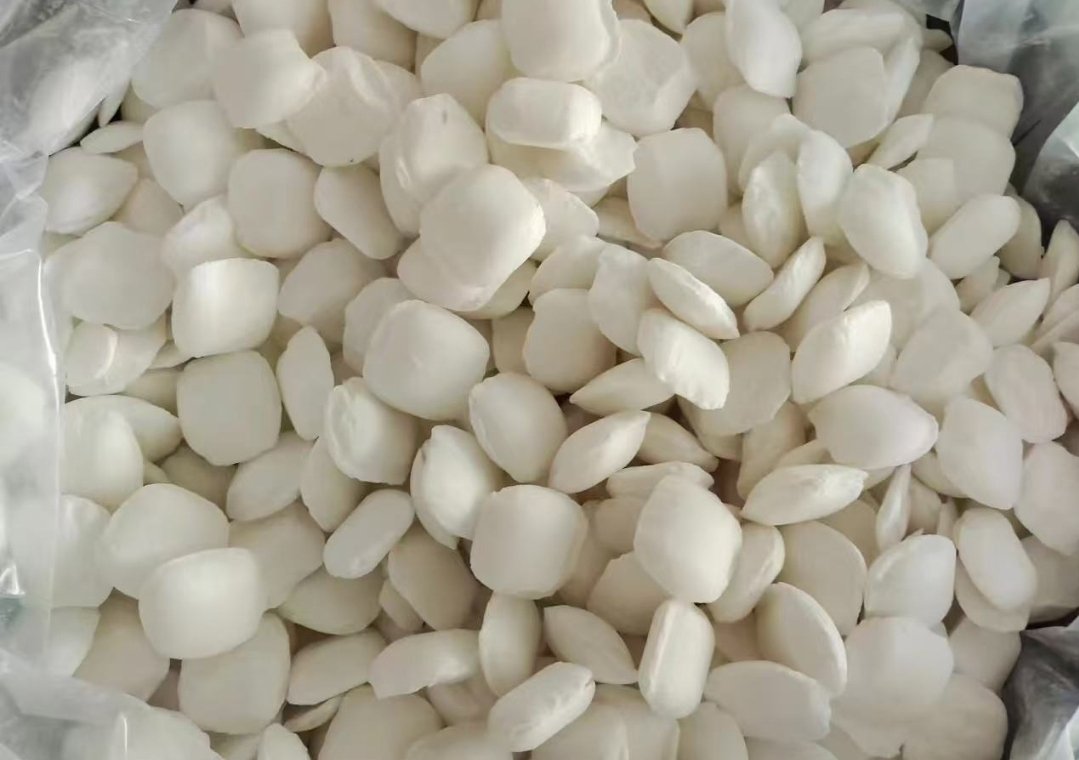
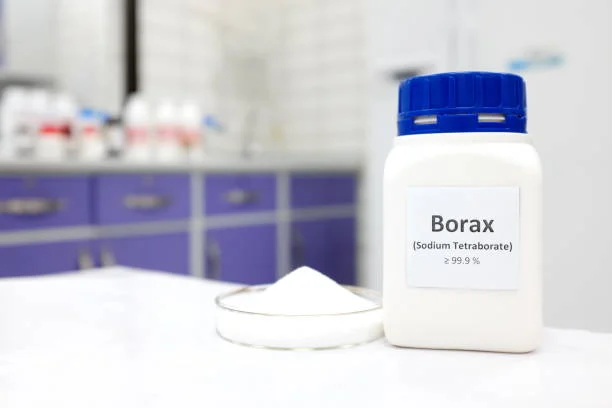
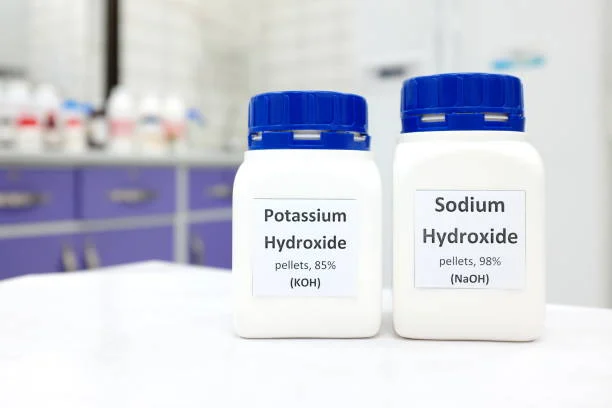
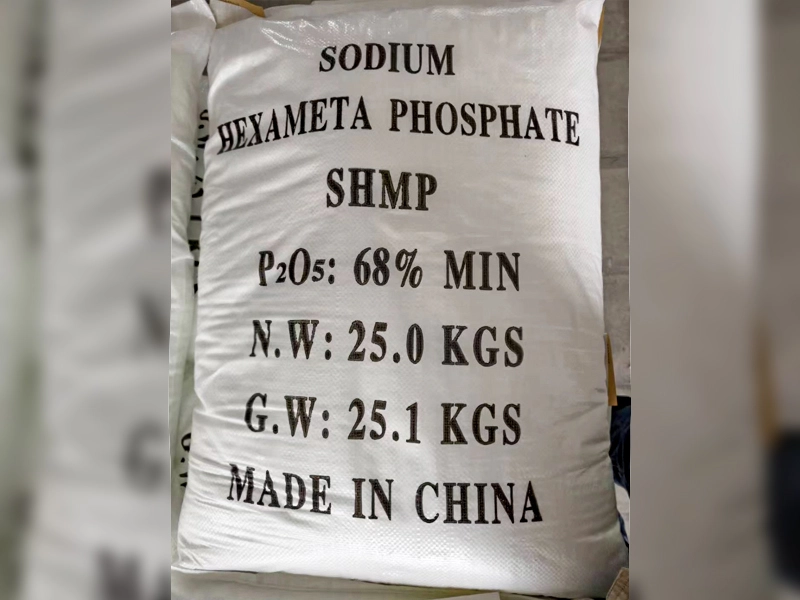
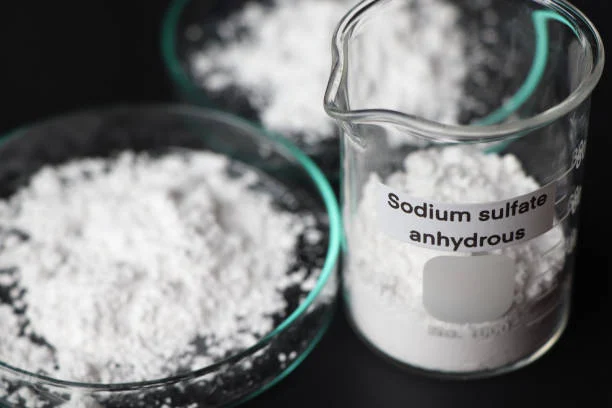

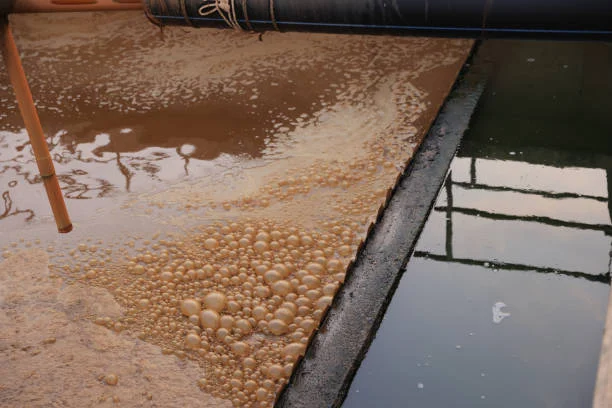



Online message consultation
Add comment: